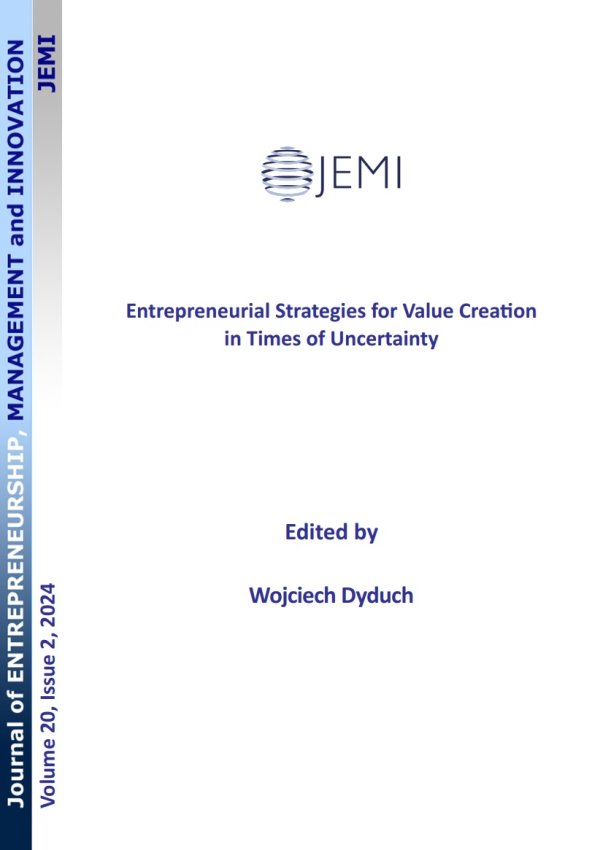Jerzy Auksztol, doctor habilitatus, prof. UG, University of Gdansk – Faculty of Management, ul. Armii Krajowej 101, 81-824 Sopot, Poland, e-mail: This email address is being protected from spambots. You need JavaScript enabled to view it. 
Magdalena Chomuszko, Ph.D., Sage sp. z o.o., Al. Jerozolimskie 132, 02-305, Warsaw, Poland, e-mail: This email address is being protected from spambots. You need JavaScript enabled to view it. 
Abstract
We present an innovative process-based approach aimed at helping entrepreneurs to adapt to the new circumstances arising from the introduction of the Standard Audit File for Tax (SAF-T), which is changing the paradigm of tax authorities3 in dealing with tax non-compliance. The responsibility to protect against evaders has shifted significantly from tax administration towards entrepreneurs, increasing the risk of financial penalties and torts. Simultaneously, it has enabled the introduction of innovative management concepts in the field of financial inspection, auditing, and tax compliance. A process-based approach has been proposed to cope with the complex challenges the entrepreneurs and accountants are now facing in this subject. It is used as a framework for combining key management concepts, like due diligence and quality management, which are typically applied separately. We have achieved our goal by constructing a Data Control Framework (DCF) for SAF-T that addresses the need for the redesign of internal financial control procedures to meet the new requirements of a fiscal audit. Two research methods have been used in this paper: (1) a survey to assess the effects of the implementation of the SAF-T standard in the enterprise and (2) design science research (DSR) for building the proposed framework.
Keywords: Value Added Tax (VAT), VAT gap, VAT carousel, process-based approach, business process management, financial control, risk management, quality management, due diligence, Standard Audit File for Tax (SAF-T), dataset for accounting research, enterprise information systems, eXtensible Markup Language (XML)






